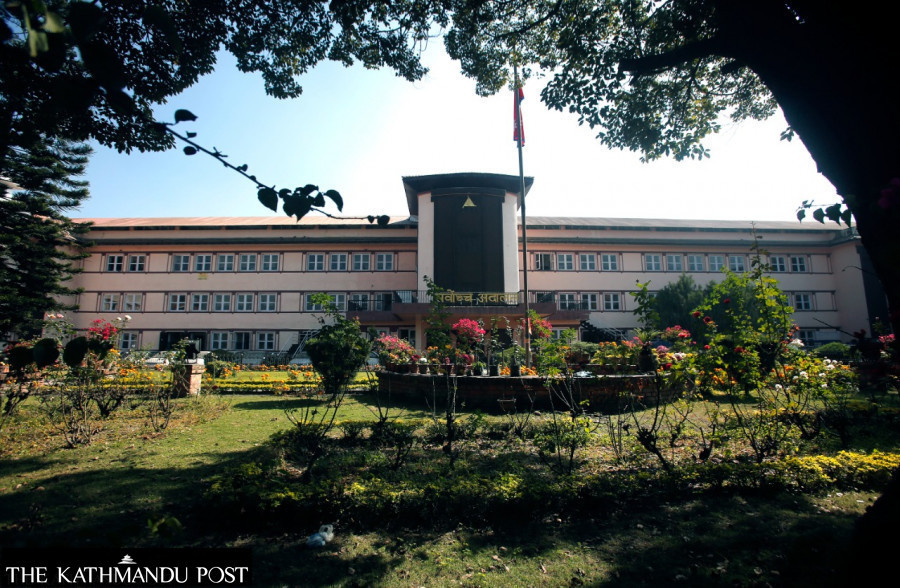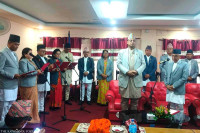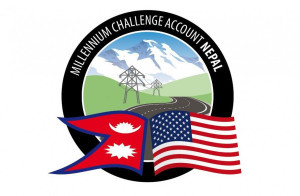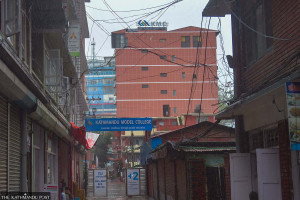National
Court clears blocked petition against transitional justice appointments, law
Conflict victims say law’s provisions breach constitution and international norms.
Post Report
The Supreme Court has overturned its administration’s decision to refuse to register a writ petition from insurgency victims, who have challenged appointments to the two transitional justice (TJ) commissions and sought the scrapping of various provisions in the transitional justice law.
After studying the petition for three days, the top court’s registrar, Man Bahadur Karki, had refused to register it on Thursday, stating that there was no evidence to show how the appointments to the commissions had infringed on the fundamental and legal rights of the conflict victims.
“The petition, which raises issues relating to the annulment of the appointment of commission officials and the right to information, cannot be registered for submission to the Constitutional Bench… due to the lack of evidence to substantiate the claim,” Karki’s decision read.
On Friday, the victims, led by Geeta Rasaili, filed another petition demanding that the registrar’s decision be overturned. Passing a ruling on the petition, a single bench of Justice Til Prasad Shrestha directed the court’s administration to act as requested by the victims.
“The court has cleared the hurdles to register the petition. We will file it tomorrow [Wednesday],” said Suman Adhikari, founding chair of the Conflict Victims’ Common Platform.
A total of 334 conflict victims, including Adhikari, Rasaili, and Ram Kumar Bhandari, moved the Supreme Court seeking the annulment of the appointments of the officials of the Truth and Reconciliation Commission and the Commission of Investigation on Enforced Disappeared Persons.
The conflict victims argued that they were neither informed on the grounds for the appointments and nor consulted in the process, and therefore asked the appointments to be scrapped.
They also argued that several provisions in the Truth and Reconciliation Commission Act contradict the constitution and have sought to invalidate them. In addition, they petitioned the court to issue a mandamus order directing the government to amend and revise the Act as necessary.
The federal parliament amended the Act in August last year amid reservations from victim groups, human rights activists, and some international human rights organisations.
They decided to knock on the top court’s door after the government and political parties paid little attention to correcting the appointments of the office bearers in the two transitional justice commissions.
The victims have raised concerns about the categorisation of amnestiable and non-amnestiable crimes. The amended Act categorises rape or serious sexual violence, intentional or arbitrary killing, enforced disappearance (provided that the victim’s whereabouts remain unknown), and inhuman torture as serious violations of human rights, hence non-amenstiable.
They claim that the categorisation is inconsistent with international law and excludes other serious crimes. They argue that the prohibition of torture and the requirement that it be criminalised is absolute and there can be no qualification for “inhuman or cruel” torture, since torture by its nature is inhuman or cruel.
The victims have also found a serious flaw in the provision allowing a 75 percent reduction in the sentencing of those convicted of serious violations who cooperate in the investigation. Victims and human rights activists say this provision contradicts the principle that criminal sanctions must be proportionate to the gravity of the crime, and undermines the judiciary’s fundamental role and competence.
In the past few months, victim organisations and human rights groups have been voicing concerns about both the appointments and the amendments to the Act. They had held consultations across the seven provinces before deciding to proceed with the petition.
“We have been receiving direct and indirect pressure from the cross-party political leadership not to register the petition. The Supreme Court administration’s refusal to register it was a part of the pressure game,” said Ram Kumar Bhandari, the conflict victim.
This will be the second petition challenging the Act. In January, 44 individuals, including advocates Gyanendra Raj Aran and Kul Bahadur Limbu, had filed a petition in the court questioning the Act’s provisions.




 22.7°C Kathmandu
22.7°C Kathmandu
















